We Need an Education Revolution
March 23, 2017
The opinions expressed in this article are the author’s own and do not necessarily represent the views of The Prowler.
In a famous TED Talk entitled “Do Schools Kill Creativity,” Ken Robinson, educator and creativity expert, champions a radical rethink of the school systems that cultivates creativity:
“Every education system in the world is being reformed at the moment and it’s not enough. Reform is no use anymore, because that’s simply improving a broken model. What we need – and the word’s been used many times in the past few days – is not evolution, but a revolution in education. This has to be transformed into something else.”
From the beginning of ninth grade, students quickly grow accustomed to the standards of high school: get good grades, go to a good college, and that’s it. Students become numb to the memories of their interests, and detached from the material that they are meant to understand, only to focus on the desired A+ written in red pen at the top of each assignment.
This behavior is understandable. Societal pressures indicate that while it is sufficient to understand the material we learn in classes every day, it is more important to get good grades, because a bad grade can disrupt one’s entire future.
Junior Gabby Resnick said, “I’m not learning for the sake of other people, I’m learning for myself, and for myself, I need the good grade to get into college and to achieve great things in the future; everything that happens now affects my future. I hope that by getting a good grade, I am learning the material, but at the end of the day, it is the grade that is being judged.
“When I hear that the grade I receive on a test doesn’t matter or that a few points off will not make a difference, it frustrates me because I know that in the long run, it will make a difference, and as a student it’s my job to get the best grades possible.”
With the rising pressures of college acceptances, and the knowledge that the competition increases with each mediocre grade we receive, the pressures of success take over every aspect of our minds. We cannot focus on the education, much less our interest in the subject, when the fear of failure persists.
Not only does school limit intellectual freedom through its rigid structure, but students are taught to focus on what we are learning without ever understanding why. Why is it that we are learning this material? And most importantly, how can we use this to better our own lives?
This question is constantly on our minds, most often with a tone of biting indignation over a difficult math lesson or a test that seemed too difficult for someone who already has so much on their plate.
The current system of education inhibits our intellectual freedom. Until the school structure is revolutionized, focusing on the material rather than the grades is not a realistic goal.
As Ken Robinson concluded his discussion of conformity to the education system, he said, “If you’re doing something you love, an hour feels like five minutes. If you’re doing something that doesn’t resonate with your spirit, five minutes feels like an hour.”
The reason so many students are disengaged at school is because it doesn’t feed their spirits, energy, or passions. We must find a way to turn education into something that does resonate with our spirits, something that we can enjoy.
We must revolutionize the system of education in order to change the student’s mindset, and possibly even change the mentality that the grade is more important than the learning.


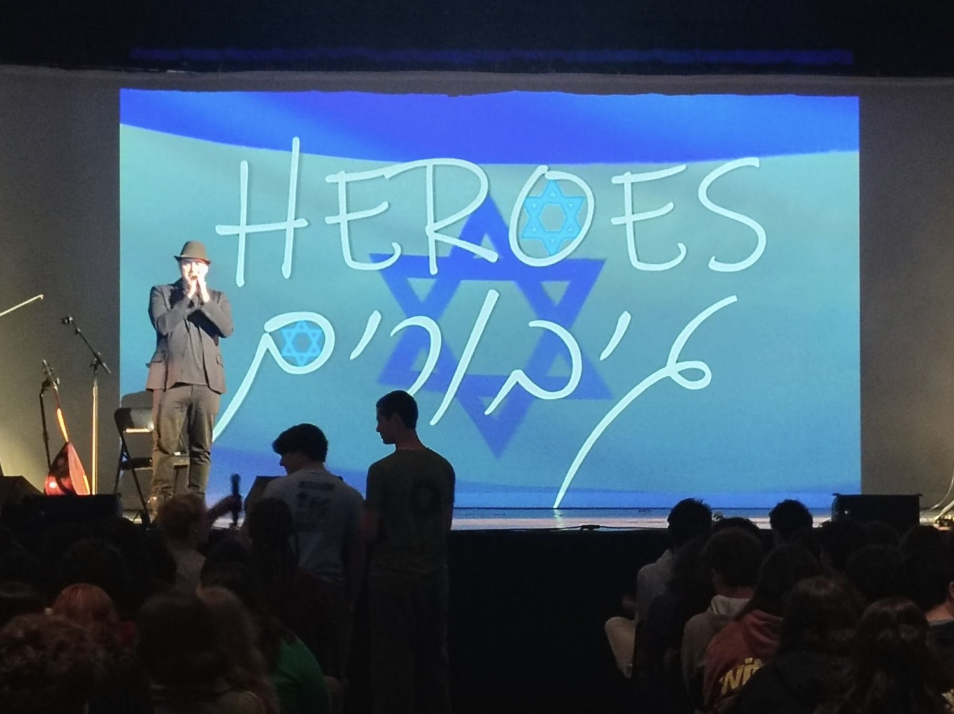

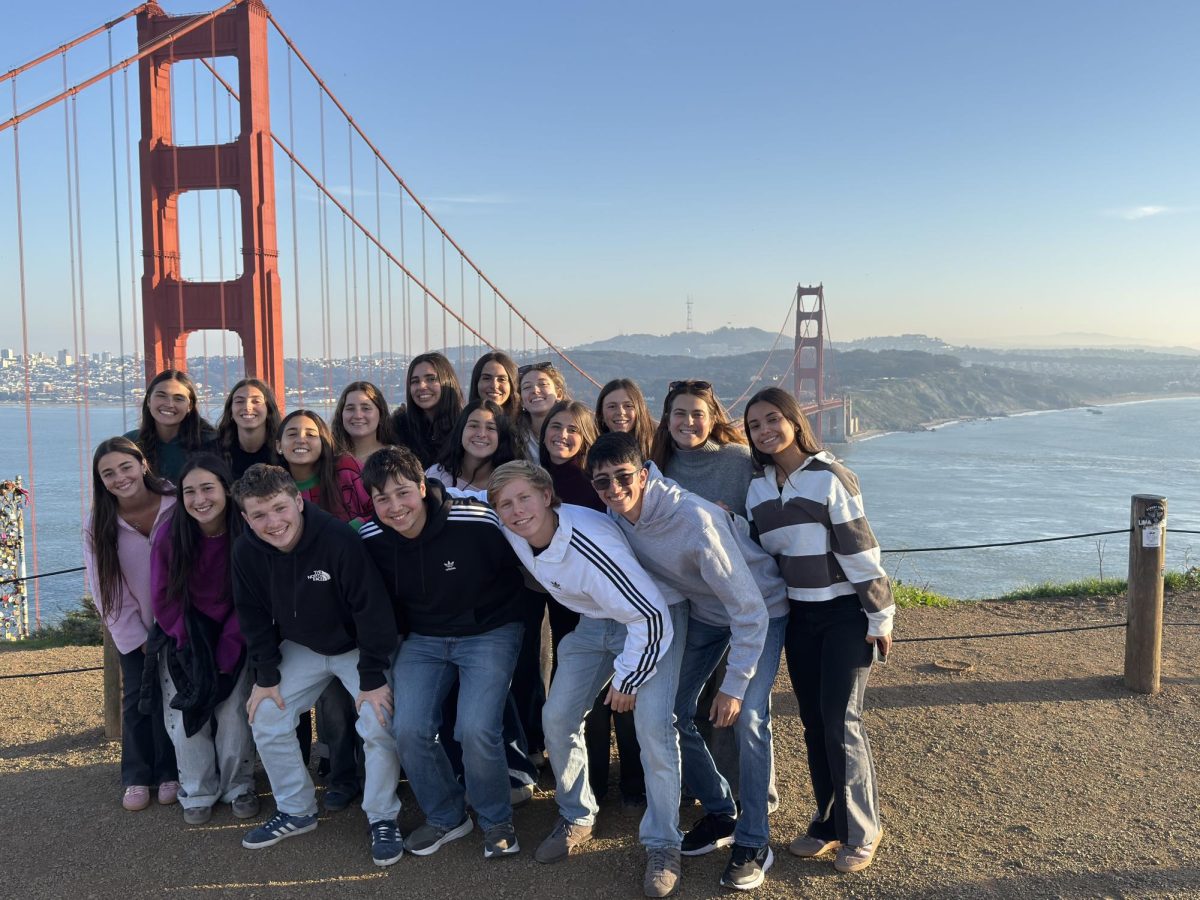




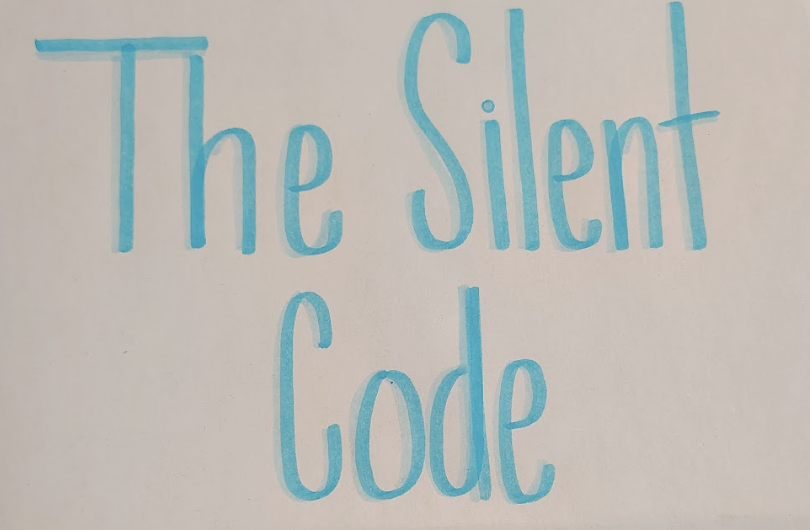
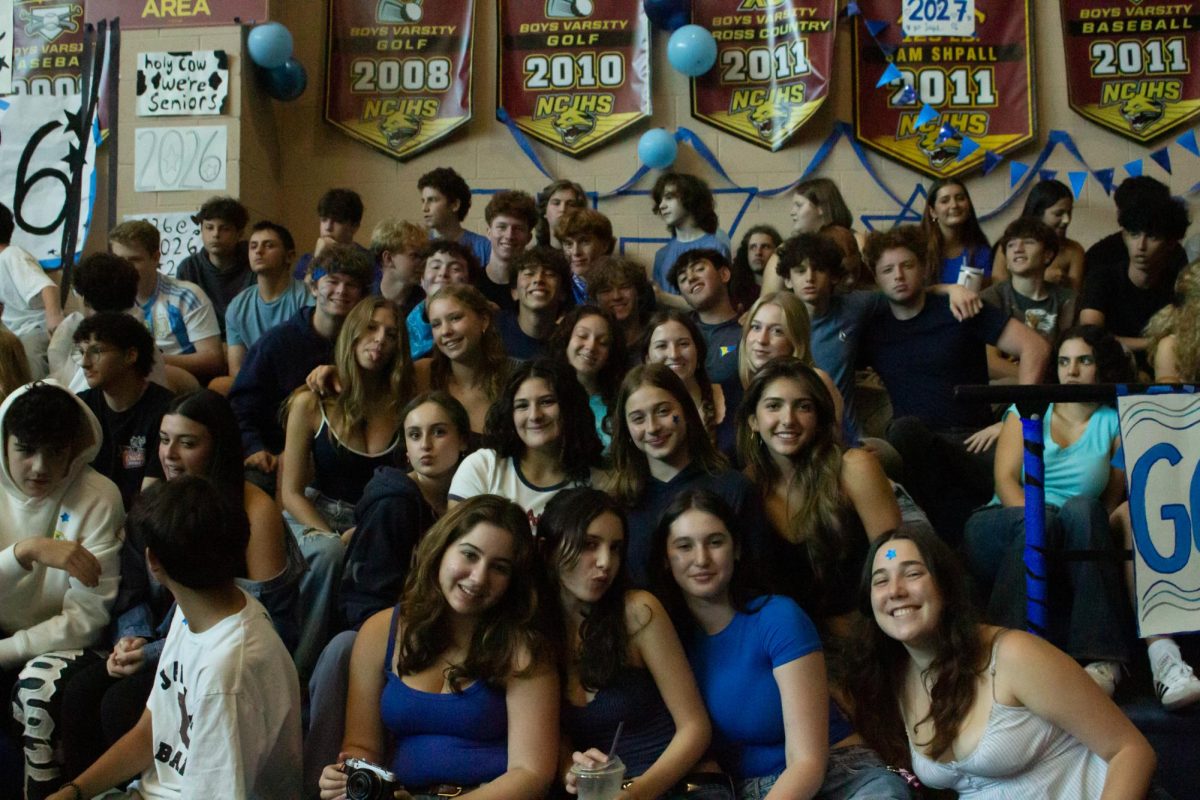
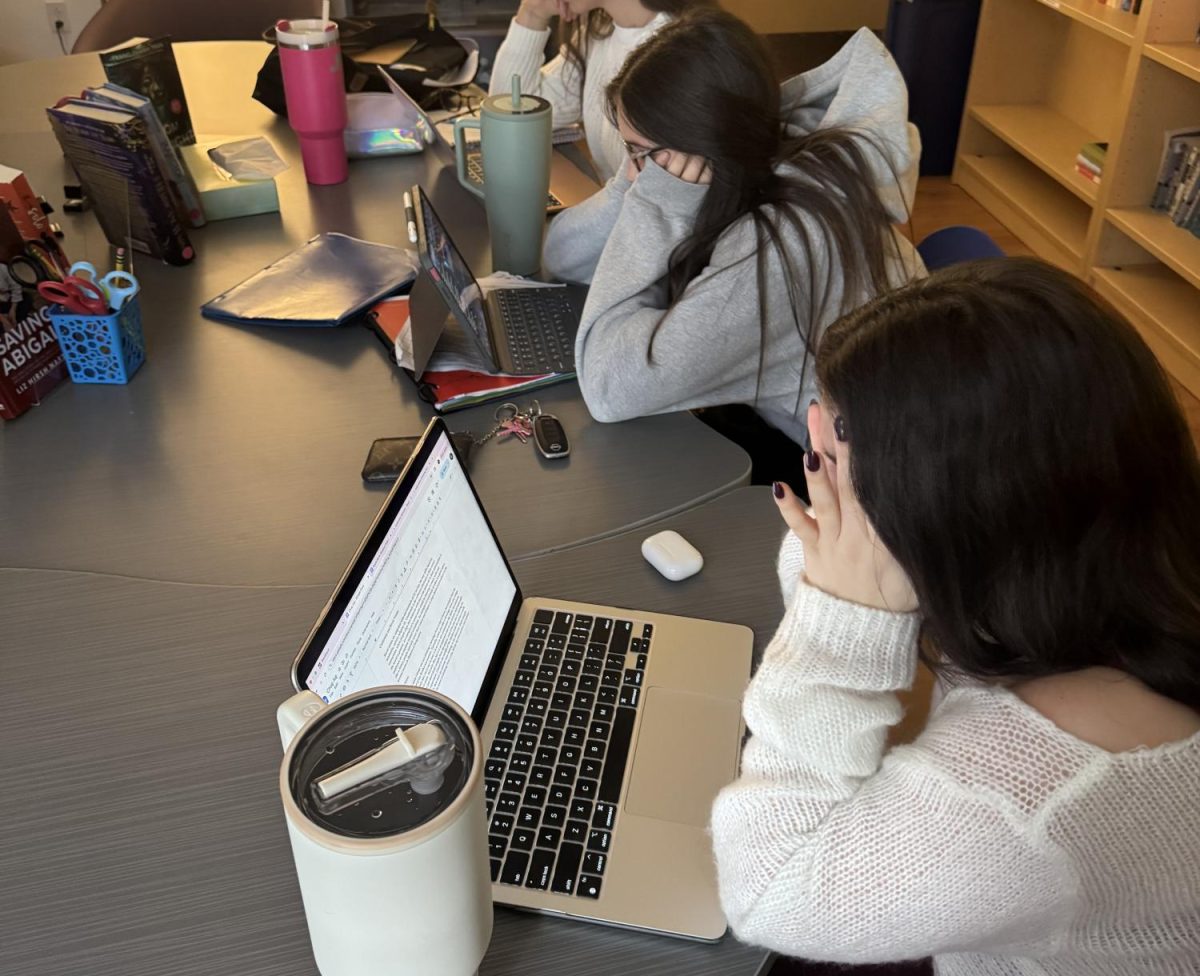

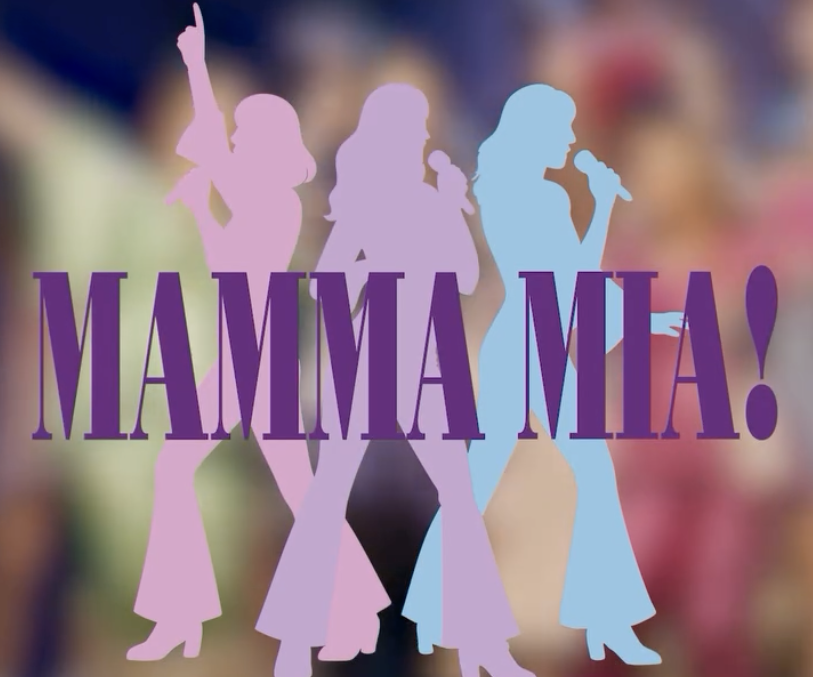

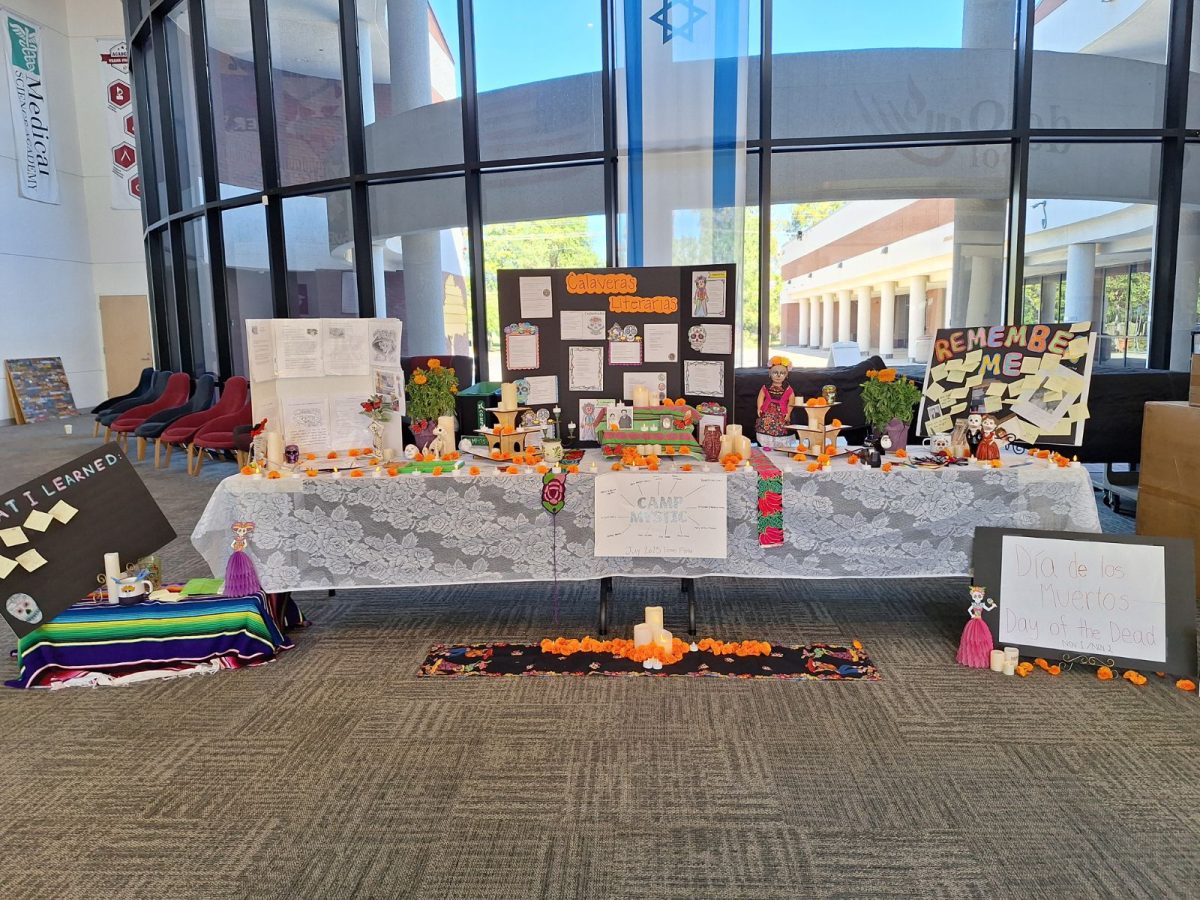
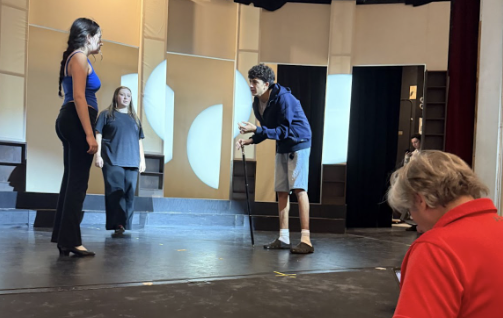






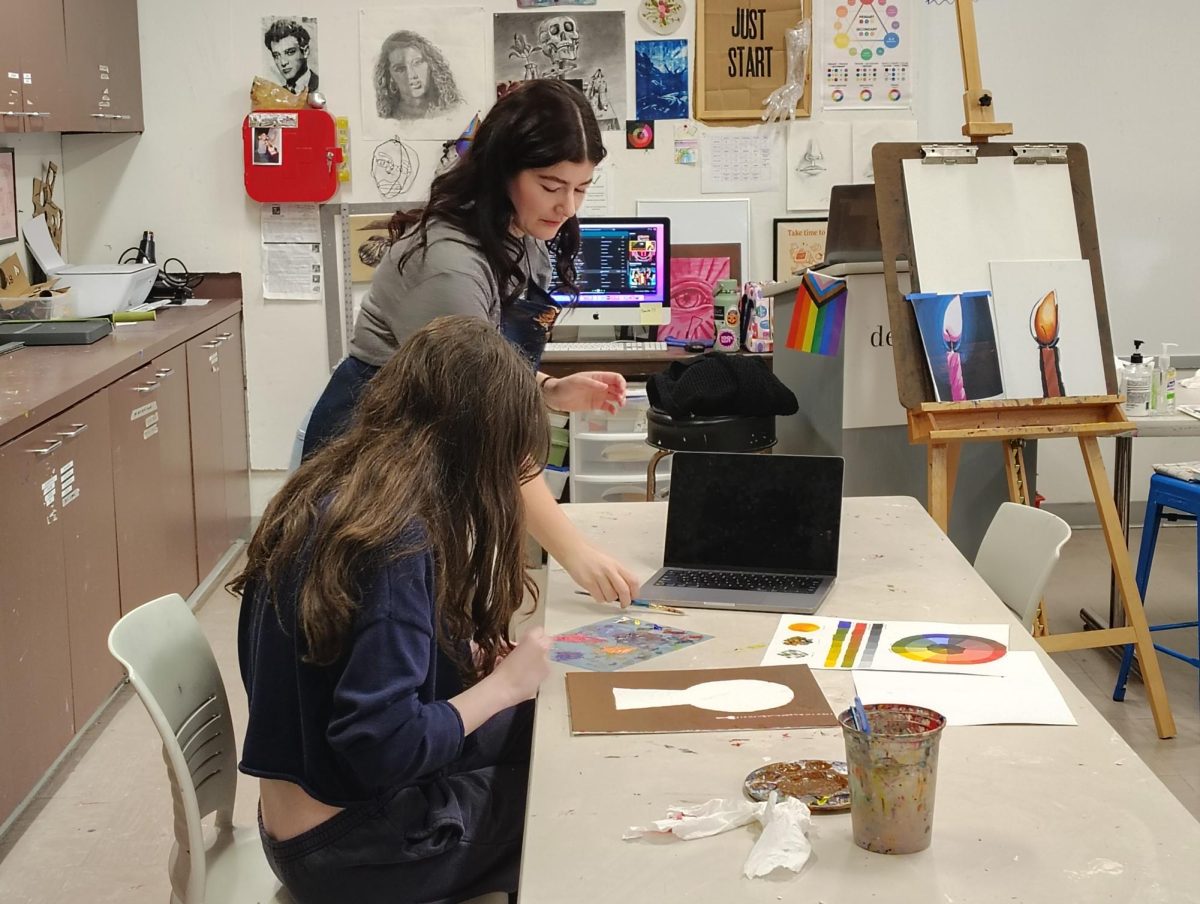





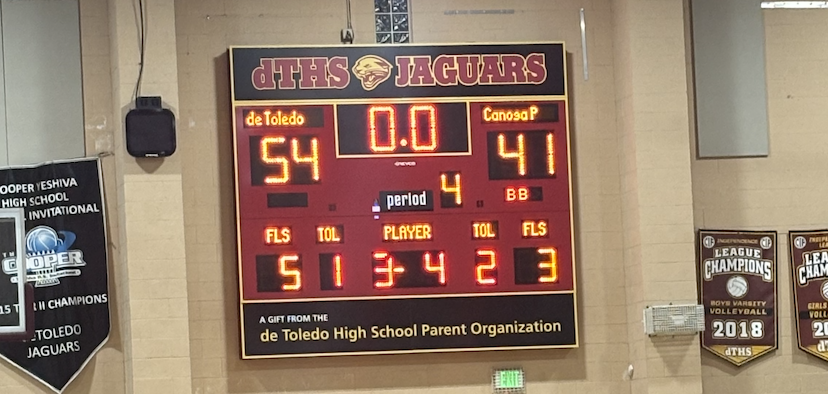



Dr. Lise Spiegel • Mar 23, 2017 at 8:46 pm
I watched Robinson’s TED talk because of this article and I couldn’t agree more. It would be so much more educational if we could encourage students (as well as ourselves) to take risks and to be unafraid of mistakes in spite of grades, and that’s just for starters. Thank you for calling this talk to my attention as I think and rethink how to prevent schooling from interfering with education and creativity (Mark Twain, not mine).
Dr. Spiegel
Mr. Shpall • Mar 23, 2017 at 9:18 am
You raise important questions. Do you have any ideas of how to do this??